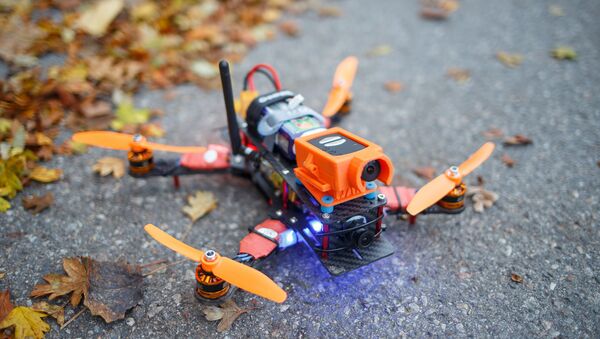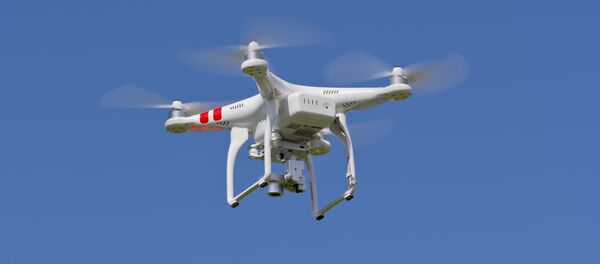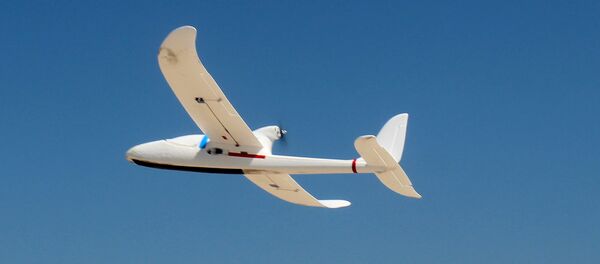However, the court ruled that dashcams, placed on a bicycle, motorbike or helmet, do not require a permit as they are operated by the rider "on the spot" — as opposed to drones which are "not controlled locally." Looking ahead, it is therefore up to provincial authorities to authorize filming from drones in public places.
The decision is a hard blow to an industry that employs thousands of people in Sweden and is worth billions of kroner, according to industry organization Unmanned Aerial System (UAS). UAS reported that up to 3,000 people may lose their jobs following the government's unexpected crackdown on drones.
"Sweden has been a pioneer in the international perspective. Now, Sweden has gone from best in class to worst overnight," Spotscale CEO Ludvig Emgård said, as quoted by Swedish newspaper Dagens Industri.
"I'm surprised that one could go that far. However, our lawyers now have to analyze the judgment so we can find ways of how to interpret it," Ulf Johansson at Swedish national broadcaster SVT told Swedish daily Svenska Dagbladet.
According to him, modern-day television utilizes drones heavily, and SVT is no exception. The ban on drone photography will therefore greatly limit reporters' opportunities.
The Missing People organization, which also uses drones in its work, was also indignant about the ban.
"It is a problem for us that we cannot use drones," Magnus Idebro, press secretary at Missing People, told Svenska Dagbladet. "Drones are an excellent tool for us. With a drone can search large areas in a short time," he said.
Rödeby native Jens Jönsson, who runs an aerial photography company with the help of drones, is among those who are deeply upset about the verdict.
"It [the ban] is totally useless. It shackles our ability do our work. Many live by it, and we cannot carry on now," a dismayed Jöhnsson told Swedish Radio, voicing plans to put his business on hold.
According to Swedish Radio, there were a many as 1,500 registered drone flyers in Sweden as of October 2016.





